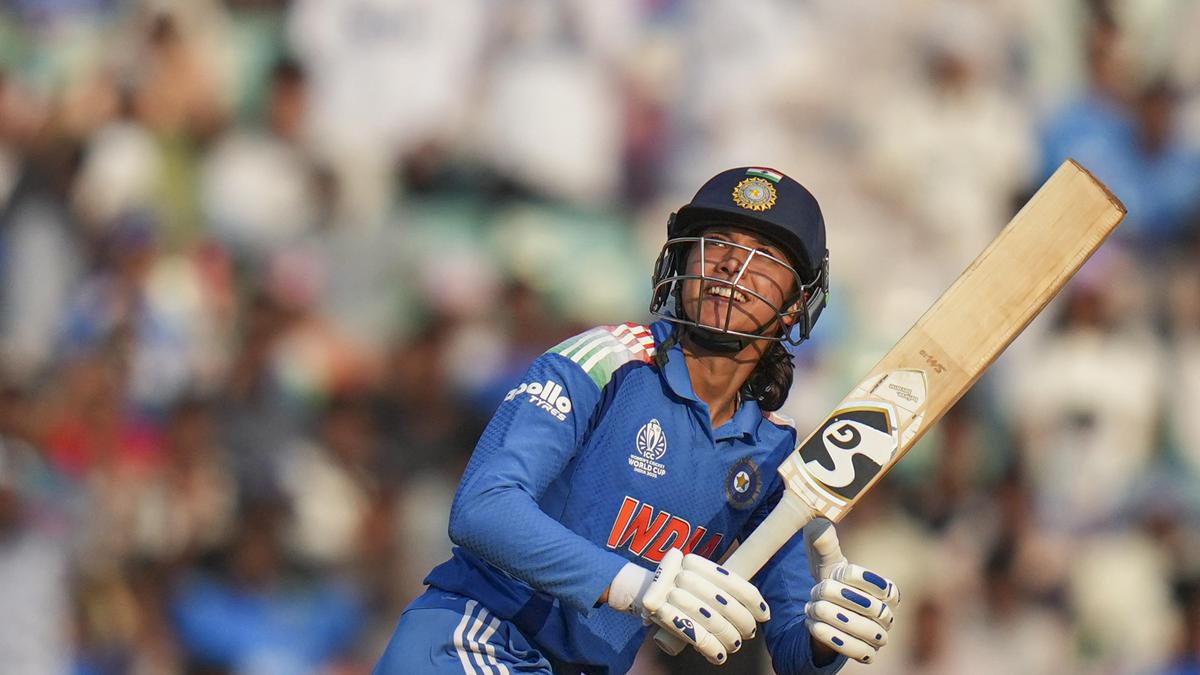League footballers' mental health and substance abuse concerns revealed in PFA report
A-League footballers are struggling with their mental health, substance abuse and job security, according to a report from Professional Footballers Australia (PFA).The report shows 66 per cent of female players and 43 per cent of male players reported "sport-psychological distress".That distress is something former Socceroos goalkeeper Andrew Redmayne knows only too well.The hero of Australia's 2022 World Cup qualification campaign found himself out of contract at the end of the last A-League season after 192 games with Sydney FC."It's hard," he told ABC Sport."I mean, I was coming off contract and I didn't have much kind of going for me at the time, with a wife and two kids, you kind of do need a pay-cheque."We're not on exorbitant salaries playing football here in Australia and the cost of living isn't getting cheaper.Redmayne finally got a contract with his original club, Central Coast, and rewarded the side by saving a penalty in the Mariners' 3-2 round-one win over Newcastle.But his experiences back up some of the revelations in the PFA's Player Development Program Insights and Impacts Report, taken from a survey of A-League players at the end of the 2024-'25 season.The Player Development Program (PDP) was established by PFA to support players with their career, wellbeing and retirement."Australian football needs to ensure it is not only developing great players but also great people," PFA co-president Tameka Yallop said."The PDP plays a critical role in ensuring we have world-class support during times of need and expertise to help us prepare for life after football," she said.As part of the survey the PFA conducted a mental health survey of all A-League players, which showed high levels of poor mental health, substance abuse and disordered eating.PFA chief executive Beau Busch said "sport-psychological distress" could describe anything from performance anxiety to generalised anxiety disorders and depression."There are a number of clubs we believe are falling short of ensuring the players have a safe workplace, but also, critically, a workplace where they can thrive," he said.Thirty-four per cent of female players and 31 per cent of male players surveyed reported alcohol misuse.Mr Busch said the numbers were "pretty consistent with the general population"."But also, what's overlaid on these young people is that they're coming into an environment that is hugely demanding to them … so we know that they're facing a range of challenges," he said."What we've seen in our research is that a player that gets injured is far more likely to engage in gambling or alcohol misuse.'Phenomenal' stress for little payMr Busch said the perilous financial state of many A-League clubs meant players coming off contracts were more likely to face periods of unemployment.That was the case for some Western United players who found themselves out of a job when the club's participation in this season was put on hold."We're seeing greater churn start to come back up when there's increasing financial strain amongst the league, so therefore players are likely to come off contract more often, have gaps between employment," Mr Busch said."We know that's placing strain on them and when that wellbeing sort of strain comes, they can be more prone to engage in some of these risk-taking behaviours that can then develop into addiction."Redmayne, 36, said the stresses were "quite phenomenal", particularly on younger players trying to make their way in a cut-throat industry."When you're a younger player, when you haven't got that position cemented down or contract cemented down, or if you still have aspirations to play overseas and you need certain KPIs to kind of further yourself it's a big stress," he said."It's your livelihood and a lot of times these kids who are kind of on the brink of things – kind of 22, 23, 24 – [they're] probably slightly over the minimum wage."A-League clubs must give players access to a sports psychologist or a wellbeing manager who is responsible for delivering confidential psychological support services.The survey found that less than half of A-League Women players were either very or extremely confident about the direction and control they had over their careers.Fifty-nine per cent said they were not at all confident or were slightly confident.The A-League Women's competition is largely semi-professional and carries a minimum wage of $26,000 per year.Mr Busch estimated that a maximum of 30 per cent of A-League women players would be fully professional, which would include some Matildas players."The vast majority are really very close to that minimum wage figure," he said."And we're seeing that take a significant toll on these players and we're seeing the A-League women actually becoming younger and younger, because players as they get older, they're simply getting worn down by having to juggle all these competing demands."Mr Busch said that related to what he called the "unsustainable" rates of pay in the league and a lack of confidence and direction in women's football in Australia."Right now … when we go around and we talk to players … my own sense of it is that we haven't progressed quickly enough," he said."We're seeing leagues around the world make really important progress swiftly — we're seeing that domestically with AFLW and others and we haven't kept pace."So I think people are largely quite disappointed by that."The survey also revealed that 41 per cent of women and 32 per cent of men in the A-League competitions had disordered eating habits.Historically there was a focus on skin-fold tests, particularly for men, which Mr Busch described as "almost shaming"."We know that some of those legacy practices are having a significant impact on our players and also, importantly, on our female players, which has been the case for a significant period of time," he said."That's thankfully starting to change, but it's not changing quick enough … we need to have more impact on that and speed up that process."The Australian Professional Leagues organisation, which runs the A-League competitions, declined to comment.












